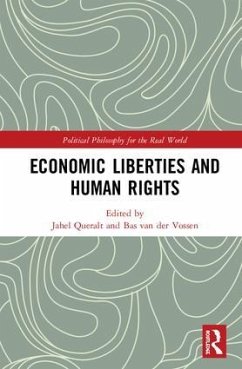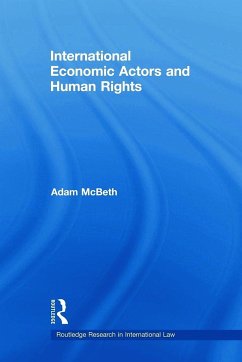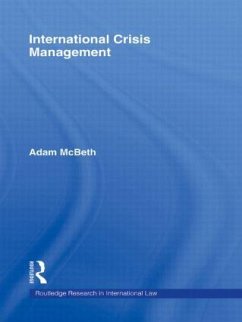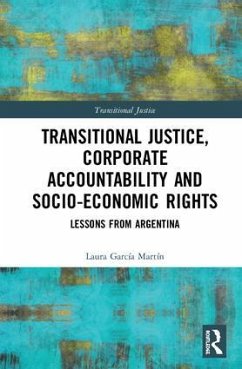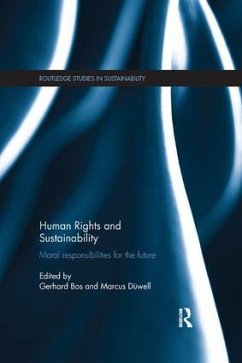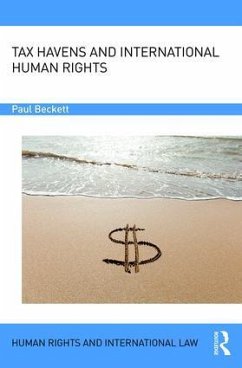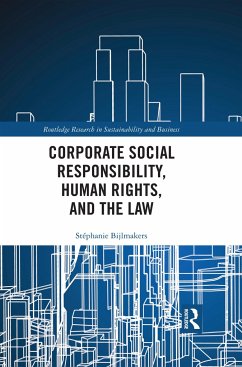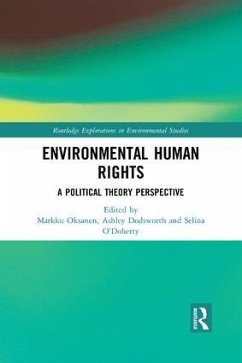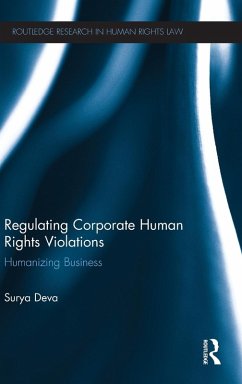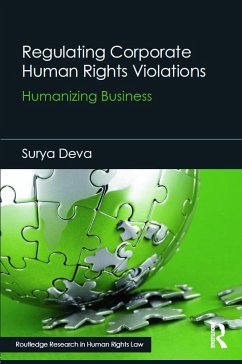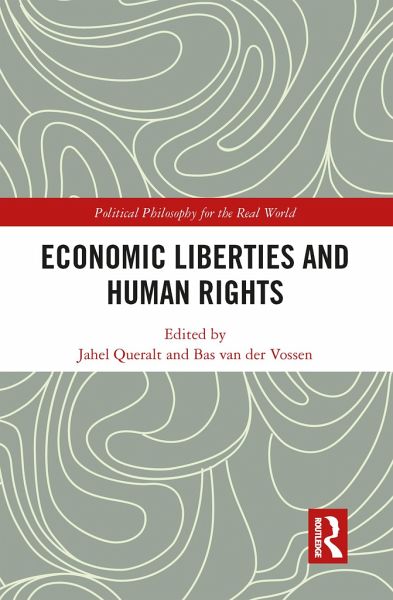
Economic Liberties and Human Rights
Versandkostenfrei!
Versandfertig in 1-2 Wochen
55,99 €
inkl. MwSt.

PAYBACK Punkte
28 °P sammeln!
The status of economic liberties remains a serious lacuna in the theory and practice of human rights. Should a minimally just society protect the freedoms to sell, save, profit and invest? Is being prohibited to run a business a human rights violation? While these liberties enjoy virtually no support from the existing philosophical theories of human rights and little protection by the international human rights law, they are of tremendous importance in the lives of individuals, and particularly the poor. Like most individual liberties, economic liberties increase our ability to lead our own li...
The status of economic liberties remains a serious lacuna in the theory and practice of human rights. Should a minimally just society protect the freedoms to sell, save, profit and invest? Is being prohibited to run a business a human rights violation? While these liberties enjoy virtually no support from the existing philosophical theories of human rights and little protection by the international human rights law, they are of tremendous importance in the lives of individuals, and particularly the poor. Like most individual liberties, economic liberties increase our ability to lead our own life. When we enjoy them, we can choose the occupational paths that best fit us and, in so doing, define who they are in relation to others. Furthermore, in the absence of good jobs, economic liberties allow us to create an alternative path to subsistence. This is critical for the millions of working poor in developing countries who earn their livelihoods by engaging in independent economic activities. Insecure economic liberties leave them vulnerable to harassment, bribery and other forms of abuse from middlemen and public officials. This book opens a debate about the moral and legal status of economic liberties as human rights. It brings together political and legal theorists working in the domain of human rights and global justice, as well as people engaged in the practice of human rights, to engage in both foundational and applied issues concerning these questions.





